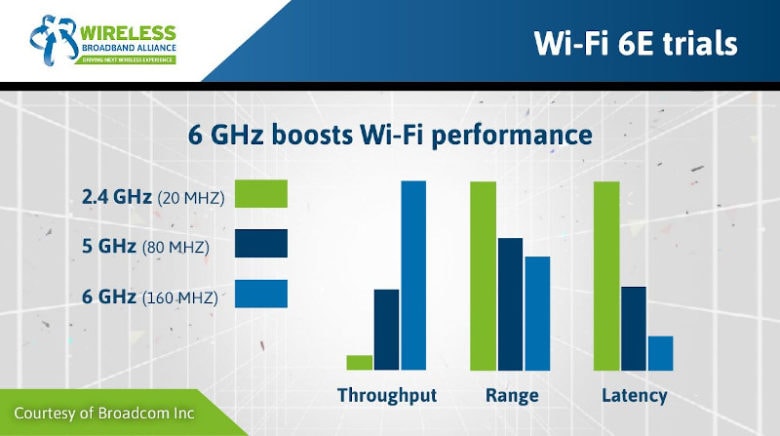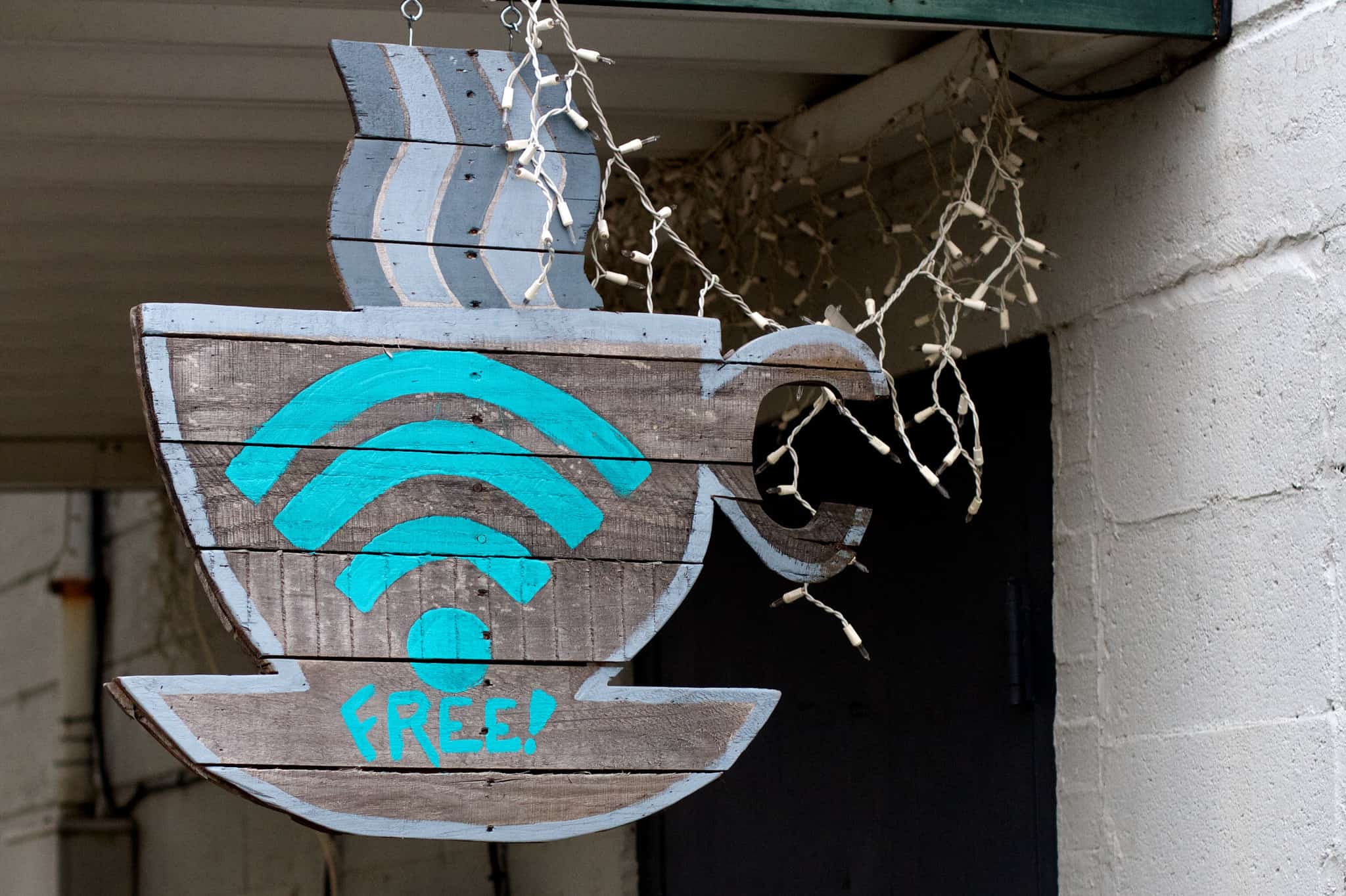The FCC will vote April 23 on a proposal to expand Wi-Fi to the 6GHz band. If approved, the move would add almost five times the bandwidth to the short-range wireless networking standard used by MacBooks, iPads, and virtually every other mobile device. That could bring faster Wi-Fi connections, with less interference from nearby computers.
FCC Chairman Ajit Pai made the proposal April 1. “The FCC is aiming to increase the supply of Wi-Fi spectrum with our boldest initiative yet: making the entire 6GHz band available for unlicensed use,” he said in a statement. “By doing this, we would effectively increase the amount of spectrum available for Wi-Fi almost by a factor of five.”
Wi-Fi currently uses 2.4GHz and 5GHz. Pai‘s proposal would open up the whole 6GHz band, an increase of 1,200 megahertz of spectrum. It is currently being licensed to companies, but the FCC chairman says he’s confident his proposal wouldn’t hinder these uses.
6GHz Wi-Fi is probably a done deal
The Wi-Fi Alliance, a tradegroup of companies that make wireless equipment, applauded the proposal. Which isn’t surprising, given that it’s been laying the groundwork for 6GHz Wi-Fi for months, if not longer.
For example, the tradegroup announced January 3 that this new spectrum will be labeled Wi-Fi 6E… assuming it gets approval.
And at least one member of the Wi-Fi Alliance already has equipment ready. “Broadcom is thrilled at the prospect of enabling the latest Wi-Fi 6E standard in the 6GHz band this year,” said Henry Samueli, Ph.D., Chairman of the Board, Broadcom. “In the past few months, we announced a full ecosystem of Wi-Fi 6E devices for routers and smartphones, while also demonstrating the real-life speed and latency benefits of this new band.”
Broadcom has been testing the possibilities of this additional spectrum, and is promising over 2Gbps of wireless data speeds using 6GHz Wi-Fi in real-world applications.

Photo: Wi-Fi Alliance/Broadcom
Many other companies stepped forward to announce plans to adopt Wi-Fi 6E. That includes Intel, Belkin, Netgear, Qualcomm and more.


